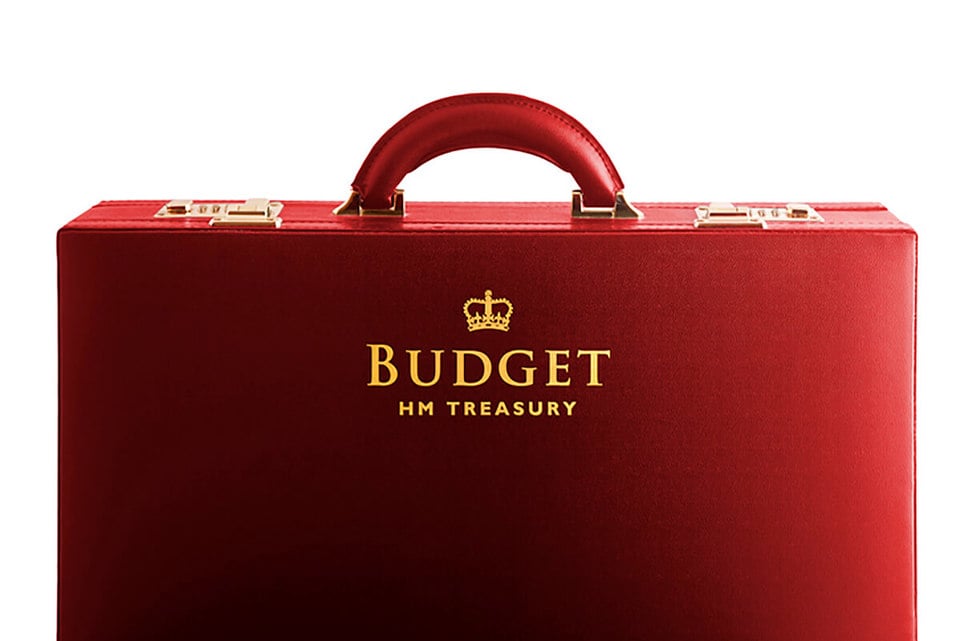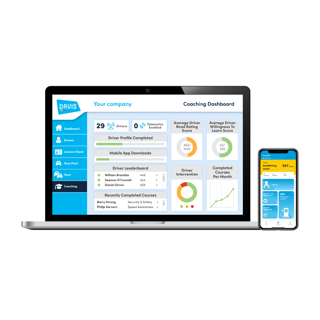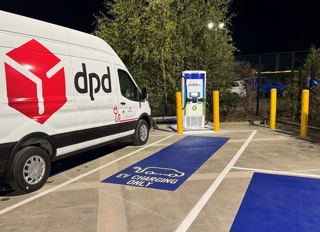The Government’s first Budget in October is going to be “painful” with people having to accept “short-term pain for long-term good”, the Prime Minister has warned.
In a speech from the Downing Street garden on Tuesday (August 27), Sir Kier Starmer claimed that the Government had inherited a £22 billion black hole in the nation’s finances – something which the Conservatives deny.
He said things were “worse than we ever imagined”, adding: “There’s a budget coming in October and it’s going to be painful.
“We have no other choice given the situation that we’re in.”
He did not set out the details of what would be in the Budget, but reiterated that the Government would not raise National Insurance, income tax or VAT.
Tom Clougherty, executive director of the Institute of Economic Affairs, said: “The Government is softening voters up for a tax-raising budget in October.
“There is obviously a tension between raising revenue and prioritising wealth creation, and that will be especially pronounced when increases to the main, broad-based taxes – income tax, national insurance, and VAT – have been ruled out.
“The remaining possibilities – higher taxes on business, on savings, and on investment – are likely to have an outsized impact on growth, and as a consequence may not generate as much revenue as the Government expects.
“It is also important to remember that the incidence of a tax doesn't always fall on the person who pays it. Workers usually lose out when corporation tax is increased, for example. Significant tax increases that don't affect 'working people' are a fantasy.”
Fleet decision-makers will be particularly concerned what this could mean for fuel duty and future company car tax rates.
While fuel duty has been frozen since 2011-12, there is a worry that a rate rise could be on the horizon, with Starmer refusing to rule out a fuel duty increase in the run-up to the General Election.
The previous Conservative Chancellor, Jeremy Hunt, announced a 12-month extension to the temporary 5p fuel duty cut for petrol and diesel as part of the Spring Budget in March. This was in addition to cancelling the planned inflation increase for 2024/25.
The temporary cut was first introduced in March 2022 to combat high fuel prices after global supply chain issues following the pandemic, as well as Russia’s invasion of Ukraine.
Petrol and diesel duty rates are therefore set to rise by 5p in March 2025, plus retail price index (RPI) inflation (in April 2025) and by RPI inflation every year thereafter.
RAC head of policy, Simon Williams, said: “We’ve reached the conclusion the Chancellor has no option but to put fuel duty back up to 58p a litre in October’s Budget.
“She knows the 5p discount is losing the Treasury £2bn a year. She also knows drivers were overcharged by a staggering £1.6bn last year according to the Competition and Markets Authority’s recent report.
“We’d normally be against any increase in duty, but we’ve long been saying drivers haven’t been benefitting from the current discount due to much higher-than-average retailer margins.”
As more electric vehicles (EVs) are sold, the Government will need to tax drivers differently, says Williams.
“We think replacing fuel duty with a pay-per-mile system as soon as possible is the way forward as then the only tax levied on fuel would be VAT,” he added. “This would give retailers nowhere to hide.”
Paul Hollick, chair of the Association of Fleet Professionals (AFP), told Fleet News prior to Labour winning power that any increase in fuel duty would be “very much unwelcome”.
A rise, he said, would have a major impact on the fuel costs affecting fleets, with a particularly heavy impact on commercial fleet operators that have fewer vehicles transitioning to zero emissions technology.
Speaking before Starmer issued his Budget warning, Logistics UK’s policy director, Kevin Green, said that the current rate of fuel duty is enabling the logistics industry to start planning for a decarbonised future.
“With the sector already operating on extremely narrow margins – often only 2.5% - increasing fuel duty would heap the cost pressure on operators,” he added.
“This would not leave enough spare cash for our industry to implement the necessary steps to take us into a net zero future without passing on the cost to the end customer, something our members are loath to do.
“With wage costs and the price of new vehicles rising, pressure on the logistics industry continues to mount, at a time when the sector is committed to helping kickstart economic recovery and growth.
“Rather than stifle the increased economic activity which our industry is able to drive, we need Ms Reeves to consider other alternatives to fill the fiscal gap.
“Increasing fuel tax would be a double whammy to millions of car drivers, paying more for their journeys, and more for everyday products, as the logistics industry would have little choice but pass their increased fuel costs on to consumers.”
Current industry estimates suggest that the weekly fuel bill for a 44-tonne diesel HGV is around £888, with £436 taken in fuel duty by HMRC.
“Nothing moves without logistics and our sector is a key driver for growth and productivity,” Green continued.
“We have a great opportunity to help kickstart the economy, but this opportunity will be stifled if logistics businesses cannot create profit to invest in the future of the sector.
“Our industry underpins every sector of the economy, and, as such is ideally placed to help the government get growth moving, but this cannot happen if the sector is placed under such significant cost pressure.”





















Login to comment
Comments
No comments have been made yet.